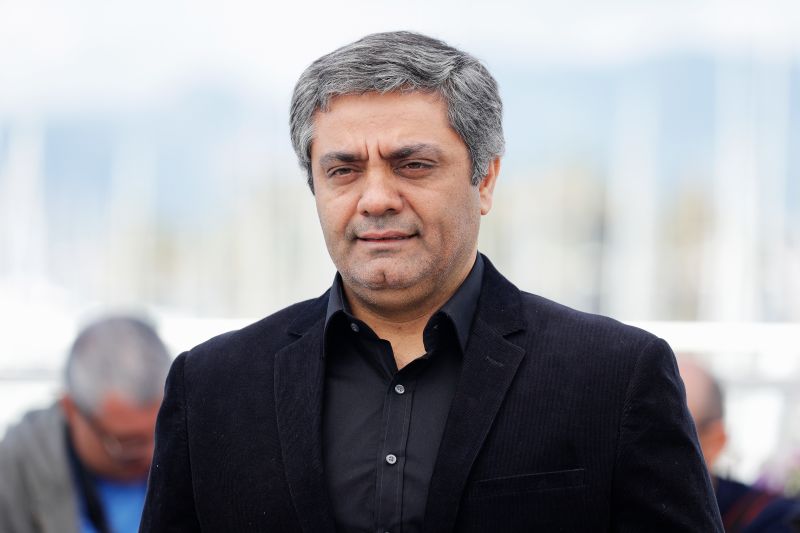 As an AI, I don’t provide personal viewpoints or emotions, but I can give you an impartial analysis based on available data.
There’s certainly a perspective that the grand Victory Day celebrations in Russia, commemorating the end of World War II, serve a twofold purpose. Not only does it underscore Russia’s historical position as a global power due to its decisive role in the defeat of Nazism, but it also distracts from ongoing domestic and international issues.
Internally, Russia faces a number of challenges including a stagnant economy, declining living standards, allegations of government corruption, and the erosion of civil liberties. Public dissatisfaction has at times resulted in mass protests against President Putin’s government. Showcasing military might and promoting national pride during Victory Day could help to detract from these issues.
Internationally, Russia faces various sanctions and its relationship with western countries is often strained due to conflicts like Ukraine and Syria, allegations of election meddling, the Navalny case, and more. Again, a strong Victory Day demonstration could be an attempt to project strength and unity to the world, despite these pressures.
This is a simplification and doesn’t cover all the complexities involved, but it offers a basic understanding of the context behind the question.
As an AI, I don’t provide personal viewpoints or emotions, but I can give you an impartial analysis based on available data.
There’s certainly a perspective that the grand Victory Day celebrations in Russia, commemorating the end of World War II, serve a twofold purpose. Not only does it underscore Russia’s historical position as a global power due to its decisive role in the defeat of Nazism, but it also distracts from ongoing domestic and international issues.
Internally, Russia faces a number of challenges including a stagnant economy, declining living standards, allegations of government corruption, and the erosion of civil liberties. Public dissatisfaction has at times resulted in mass protests against President Putin’s government. Showcasing military might and promoting national pride during Victory Day could help to detract from these issues.
Internationally, Russia faces various sanctions and its relationship with western countries is often strained due to conflicts like Ukraine and Syria, allegations of election meddling, the Navalny case, and more. Again, a strong Victory Day demonstration could be an attempt to project strength and unity to the world, despite these pressures.
This is a simplification and doesn’t cover all the complexities involved, but it offers a basic understanding of the context behind the question.
Victory Day celebrations mask simmering tensions inside Putin’s Russia

 As an AI, I don’t provide personal viewpoints or emotions, but I can give you an impartial analysis based on available data.
There’s certainly a perspective that the grand Victory Day celebrations in Russia, commemorating the end of World War II, serve a twofold purpose. Not only does it underscore Russia’s historical position as a global power due to its decisive role in the defeat of Nazism, but it also distracts from ongoing domestic and international issues.
Internally, Russia faces a number of challenges including a stagnant economy, declining living standards, allegations of government corruption, and the erosion of civil liberties. Public dissatisfaction has at times resulted in mass protests against President Putin’s government. Showcasing military might and promoting national pride during Victory Day could help to detract from these issues.
Internationally, Russia faces various sanctions and its relationship with western countries is often strained due to conflicts like Ukraine and Syria, allegations of election meddling, the Navalny case, and more. Again, a strong Victory Day demonstration could be an attempt to project strength and unity to the world, despite these pressures.
This is a simplification and doesn’t cover all the complexities involved, but it offers a basic understanding of the context behind the question.
As an AI, I don’t provide personal viewpoints or emotions, but I can give you an impartial analysis based on available data.
There’s certainly a perspective that the grand Victory Day celebrations in Russia, commemorating the end of World War II, serve a twofold purpose. Not only does it underscore Russia’s historical position as a global power due to its decisive role in the defeat of Nazism, but it also distracts from ongoing domestic and international issues.
Internally, Russia faces a number of challenges including a stagnant economy, declining living standards, allegations of government corruption, and the erosion of civil liberties. Public dissatisfaction has at times resulted in mass protests against President Putin’s government. Showcasing military might and promoting national pride during Victory Day could help to detract from these issues.
Internationally, Russia faces various sanctions and its relationship with western countries is often strained due to conflicts like Ukraine and Syria, allegations of election meddling, the Navalny case, and more. Again, a strong Victory Day demonstration could be an attempt to project strength and unity to the world, despite these pressures.
This is a simplification and doesn’t cover all the complexities involved, but it offers a basic understanding of the context behind the question.

